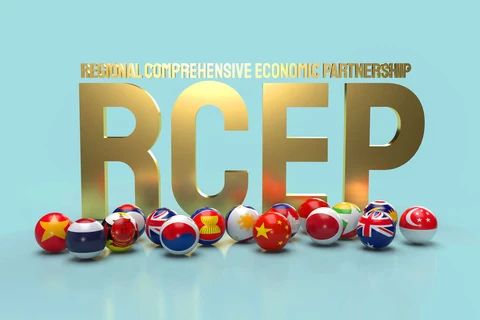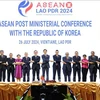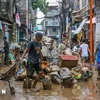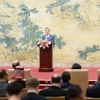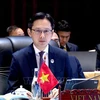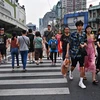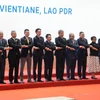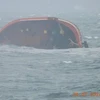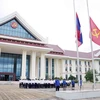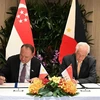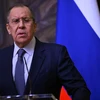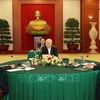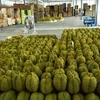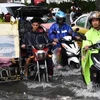Singapore (VNA) – The Regional Comprehensive Economic Partnership (RCEP) , the world’s largest trade pact, officially came into effect on January 1.
The pact will provide a boost to trade and business ties between Singapore and the RCEP parties, said Singaporean Minister for Trade and Industry Gan Kim Yong in a press release published on December 31.
He said that many Singaporean businesses indicated that they were keen to utilise the RCEP agreement when it enters into force.
The entry into force of the agreement will open up opportunities to catalyze the expansion of regional trade and investment much needed for economic recovery amid COVID-19, Secretary-General of the Association of Southeast Asian Nations (ASEAN) Dato Lim Jock Hoi said in a recent interview.
Lim noted that RCEP reinforces regional economic integration by expanding common accumulative rules of origin, simplified customs procedures, trade facilitation, and coherent trade rules that provide greater transparency, fairness, and predictability for businesses.
For the Asia-Pacific region, RCEP is seen as an important step towards enhanced regional integration and a new impetus for free trade and multilateralism amid many uncertainties in the world.
Signed in November 2020, RCEP brings together 10 ASEAN member states, along with China, Japan, the Republic of Korea, Australia and New Zealand, covering 30 percent of the global gross domestic product (GDP) worth 26.2 trillion USD.
RCEP will form a market with 2.2 billion consumers, and become the largest free trade area in the world in terms of population. It will eliminate tariffs on as much as 92 percent of goods traded between its signatories eventually, expand market access for investment, harmonise rules and regulations, and strengthen the supply chains within the massive free trade zone.
RCEP is designed to cut costs and time for businesses to export goods to any of the signatories to the agreement without having to meet separate requirements of each country./.
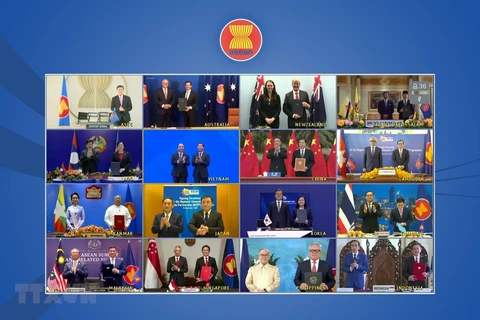
ASEAN leader: RCEP to offer boost to post-pandemic economic recovery
ASEAN Secretary General Dato Lim Jock Hoi has hailed regional member states for approving the Regional Comprehensive Economic Partnership (RCEP), saying that the implementation of the agreement will provide a tremendous boost to post-COVID-19 economic recovery efforts.

